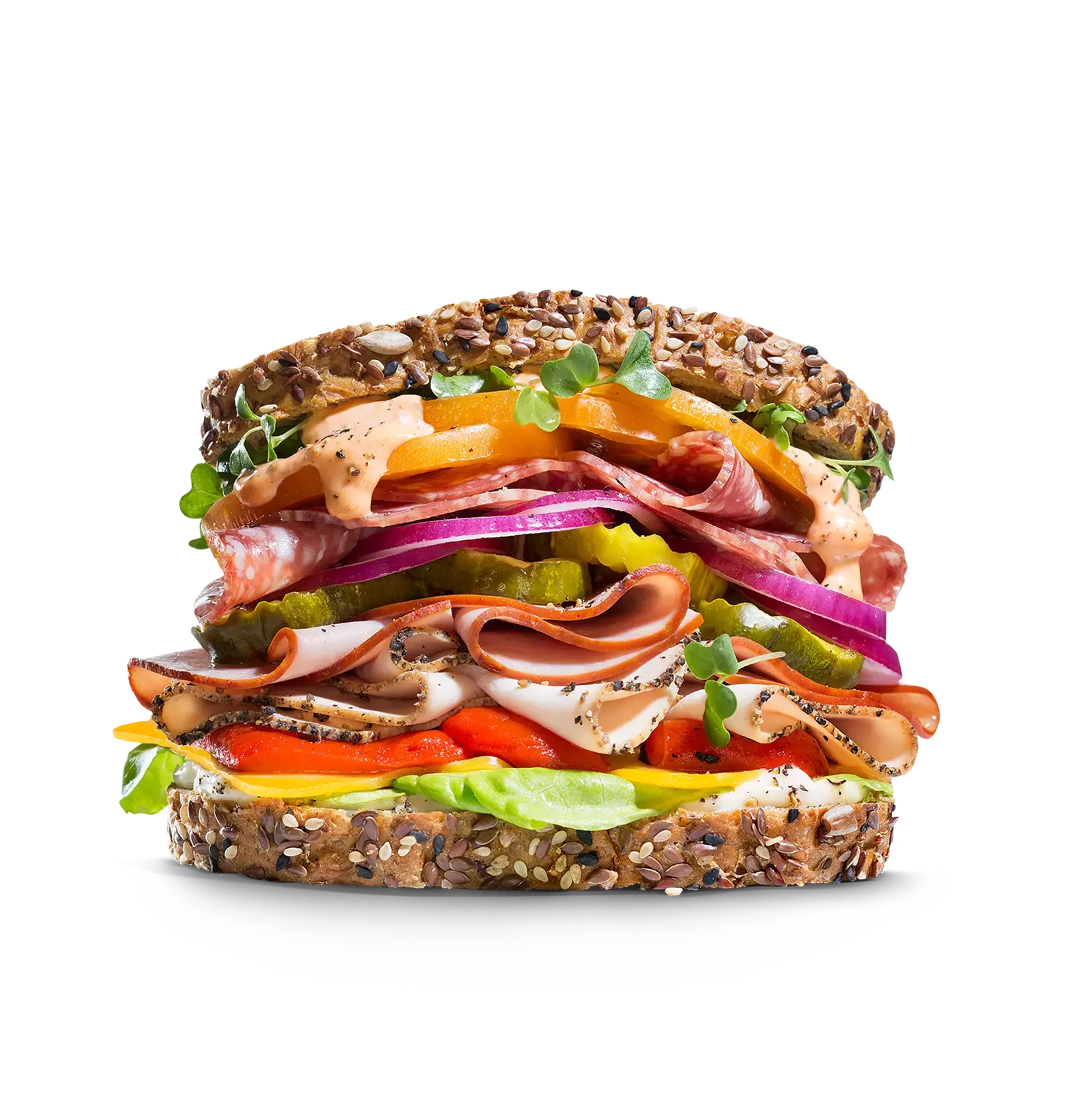How To Select a Future-Proof Food and Beverage ERP for Your Business
How To Select a Future-Proof Food and Beverage ERP for Your Business
How To Select a Future-Proof Food and Beverage ERP for Your Business
21 Sep 2021
 John McCurdy | Senior Content Writer, Marketing
John McCurdy | Senior Content Writer, Marketing
Implementing an enterprise resource planning (ERP) solution is frequently referred to as a “journey,” and with good reason. While the investment of time, money and effort will pay off in a robust and unified platform for your food and beverage business, getting your employees trained, the system fully installed and all integrations completed will take a matter of months, if not years.
That’s why you need to make sure that the offering you choose is right for your organization in both the short and long term. After all, correctly implementing an ERP requires dedicating considerable resources toward that purpose, so you want to make the right choice with a solution that will serve you for many years down the road.
To determine whether a food and beverage ERP solution is truly future-proof, you need to be able to confirm that it has four critical characteristics. We’ll dive into detail on these aspects in the next few sections here.
1. Built for Businesses Like Yours
Some ERP systems claim to be designed for any kind of business. The fact of the matter is that these “jacks of all trades” are likely “masters of none” in reality.
The food and beverage industry is complicated and nuanced, with constantly evolving processes, new product and materials and changing government regulations to deal with. Only a platform developed specifically for companies like yours will have the capabilities to effectively handle vital concerns like traceability, quality assurance, food safety compliance and inventory management.
Depending upon the sector in which your business operates, you may need even more specialized tools for your tasks. When evaluating your potential choices, look into just how tailored their features are to the unique challenges you face.
Customizations can be costly, so you don’t want to be caught in desperate need of a certain function that isn’t available with the solution you chose. Do your due diligence comparing the options and ask the providers you’re considering the tough questions to make sure you get what you really need.
2. From a Provider You Can Trust
Speaking of conversations with providers, know going into this process that there will be many. But once you circle in on the system you want to implement, you’ll be starting a business relationship that will hopefully last for years.
As such, it’s crucially important that the organization you select can act as a trusted partner from the outset. Their teams should “speak your language” in the sense of knowing the food and beverage market, along with its many nuances and special considerations, through years—if not decades—of experience.
Your provider should also offer guidance and planning for your implementation. Having helped lead many other companies down the same path, the professionals on their side can assist in creating your “roadmap,” complete with timetables, milestones and warnings about common pitfalls.
Finally, don’t forget to consider the cultural fit between your respective entities. You’ll be working with these folks for quite some time, so fundamental differences in operations could be a major stumbling block if they’re not identified early.
3. Fully Scalable for Your Situation
Change is one of the few constants in the food and beverage business world. Your organization could find itself in vastly different circumstances just a few months down the road should consumer tastes or safety standards shift.
The food ERP solution that you select should facilitate scaling production up or down, introducing new product lines, opening new locations and bringing on new staff. You may find yourself incorporating new suppliers and clients in your supply chain, so you need a system that makes the task simple and straightforward.
Also keep in mind how important data is to your equation—the system you choose must be able to capture and maintain granular information without posing any restrictions on the number of labels or characteristics tied to an item. What’s more, should regulations be updated, and new procedures need to be followed, your platform should streamline making those adjustments and automating the scheduling of your new routines and checks.
Lastly, consider some of the latest developments in technology, including wearables, smart devices and blockchain and how they might be a factor in your company’s future. There’s a good chance that they either already are or soon will be part of your day-to-day, so keep an eye out for offerings that can integrate with them and other cutting-edge tools on the horizon.
4. Flexible Deployment Options
In the past, investing in new on-premise hardware and tweaking—if not overhauling—your physical set-ups was just another part of installing a new system. Thankfully, such a financial investment is no longer necessary with completely cloud-based implementations not just possible, but preferred in the majority of cases.
With a cloud deployment, you can avoid the cost and hassle of putting new equipment in place and at the same time save your own IT department the headache of trying to apply updates and troubleshoot on the platform. Everything will be hosted and maintained on your providers’ servers, and while they are likely prepared with all necessary security measures and redundancies as well as excellent support teams, that’s still a key question to ask of all possible vendors.
Implementing a food and beverage ERP in the cloud is also advantageous for the fact that it increases your options for access. When your team members can access the files, forms and figures they need with just an internet connection and browser, they can get more done on the road and even work from home should the situation call for it.
Aptean Food & Beverage ERP Checks All the Boxes
At Aptean, we pride ourselves on offering versatile, adaptable and powerful solutions that can satisfy all of the conditions discussed above. Aptean's food ERP is a purpose-built, industry-specific system that businesses like yours turn to for truly all-in-one coverage.
Our team of professionals have accumulated extensive experience in the industry and know the challenges of the individual sectors, from bakery and dairy operations to fresh produce distributors and packaged food manufacturers. We’ve also been through numerous implementation processes and successfully tailored our approach to the unique circumstances of our clients for excellent outcomes.
The Aptean Food & Beverage ERP platform is also fully scalable, growing and adapting as your company does and allowing for the introduction of any new processes or products you might launch. We also offer full cloud deployments and can boast system uptime of 99.5% or better.
One more reason to consider Aptean as your ERP provider is the Microsoft Dynamics 365 foundation. Through our official partnership with Microsoft, our solutions combine the familiarity of their applications with the constant improvements being made to their software, so your staff will be up to speed in no time and ready to move forward with confidence.
Ready to take the next step and hear more about how Aptean Food & Beverage ERP can secure your organization’s future? Contact us today.
Get in Touch Today to Speak With an Expert in Your Industry
To grow your business, you need a food ERP built specifically for your industry challenges. We're ready to help—reach out today and we'll help you find the right solution.



